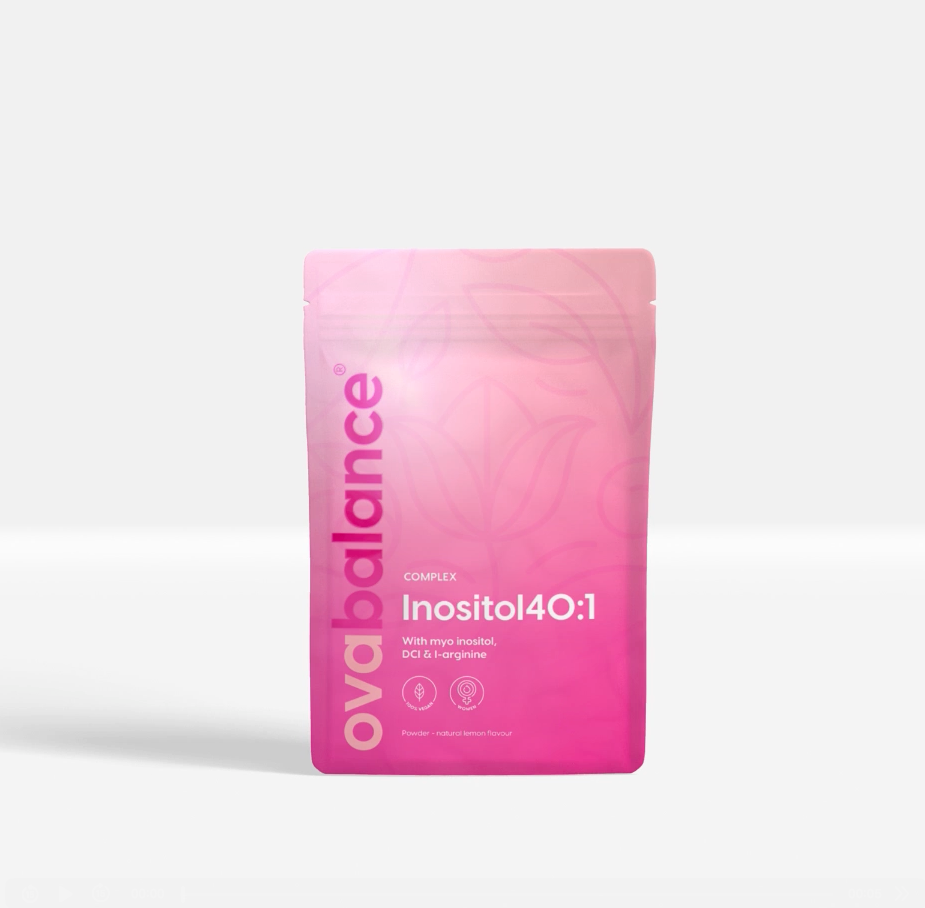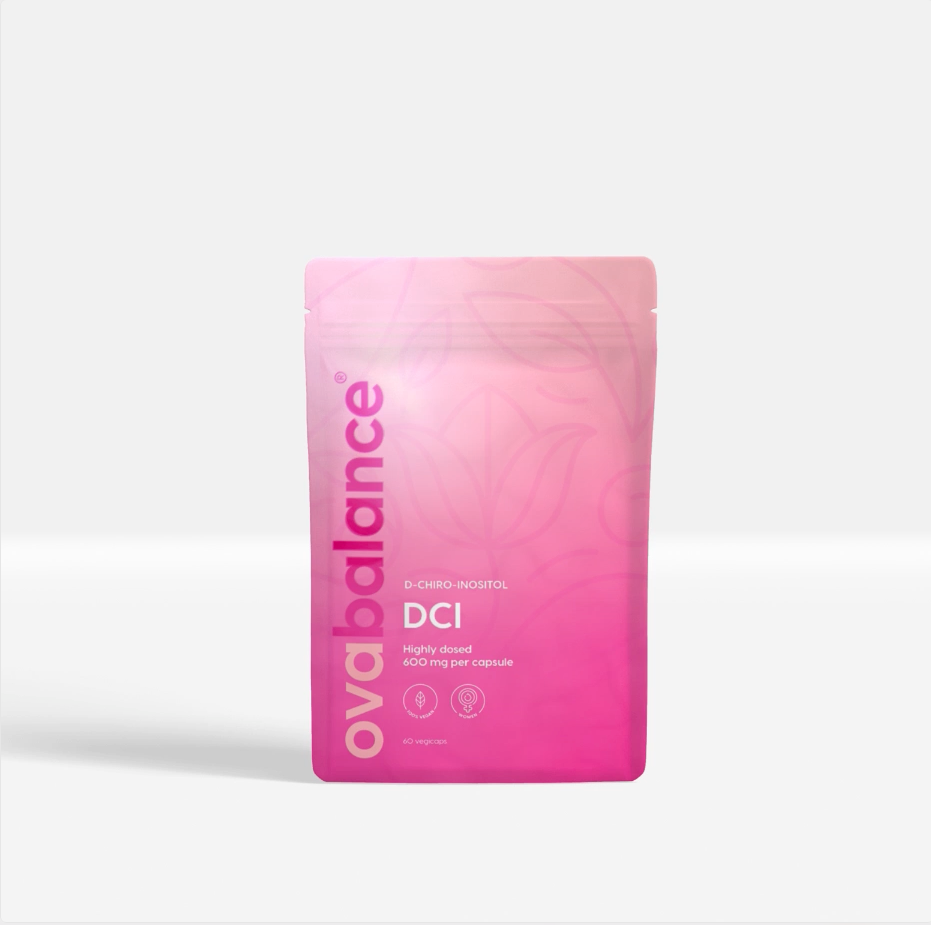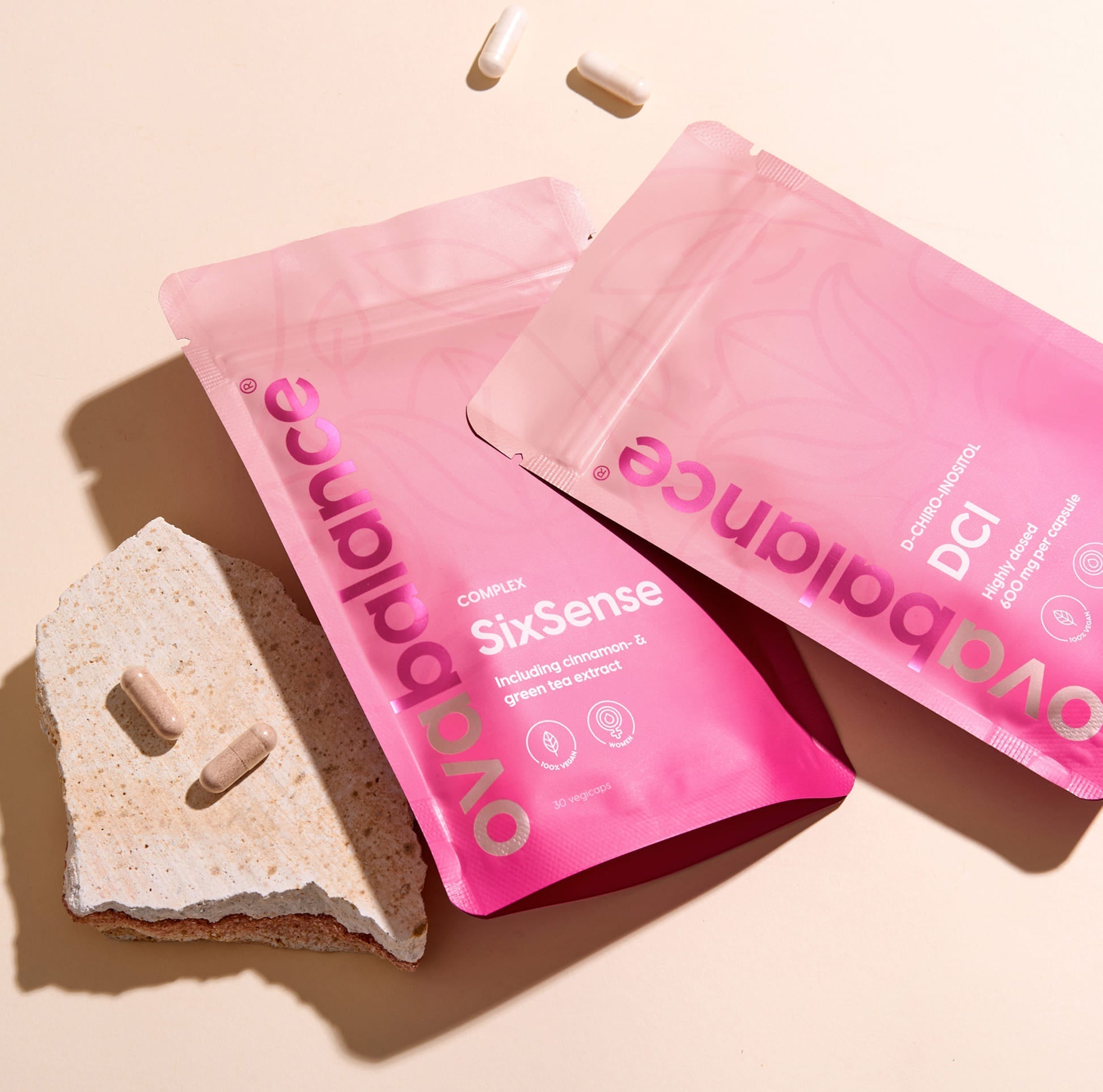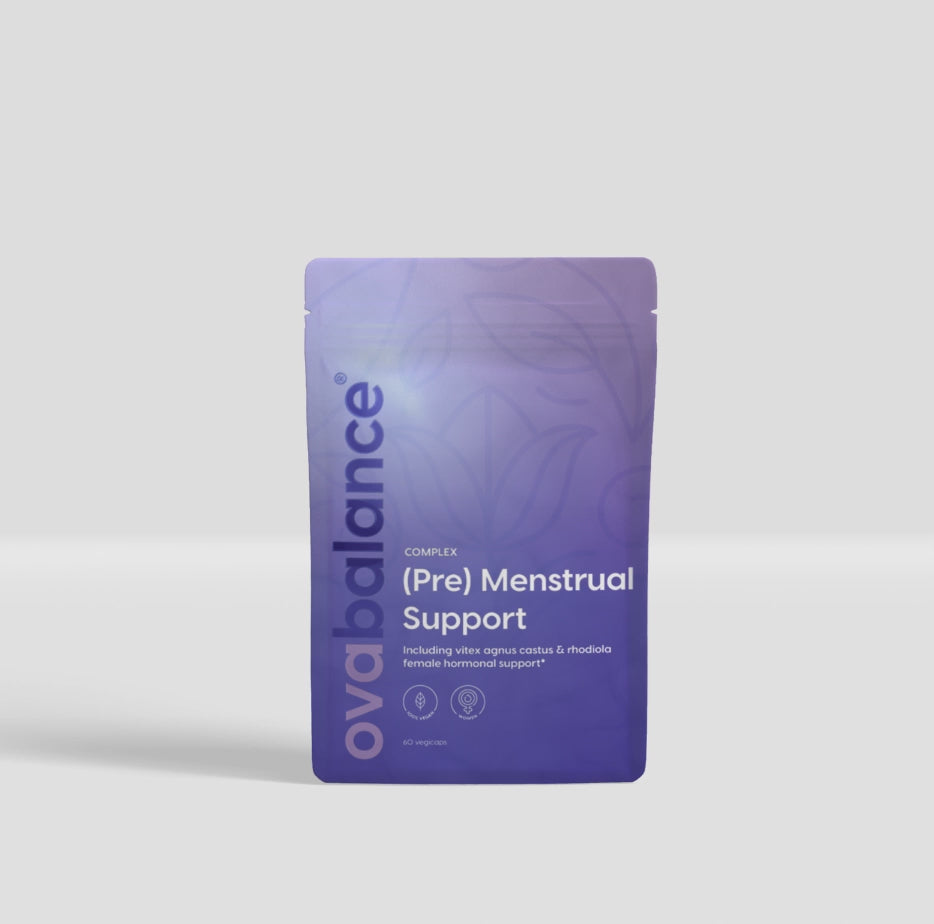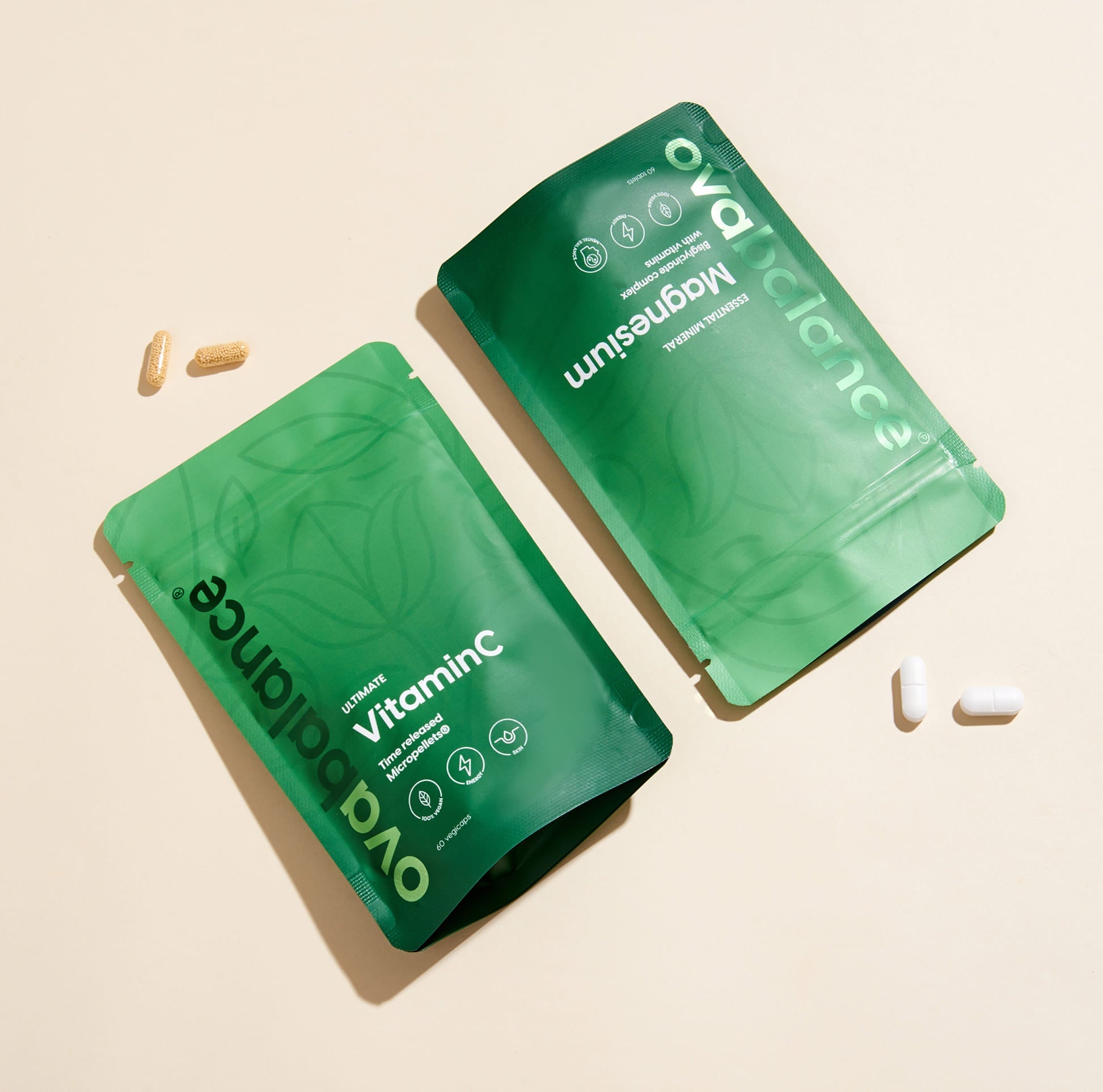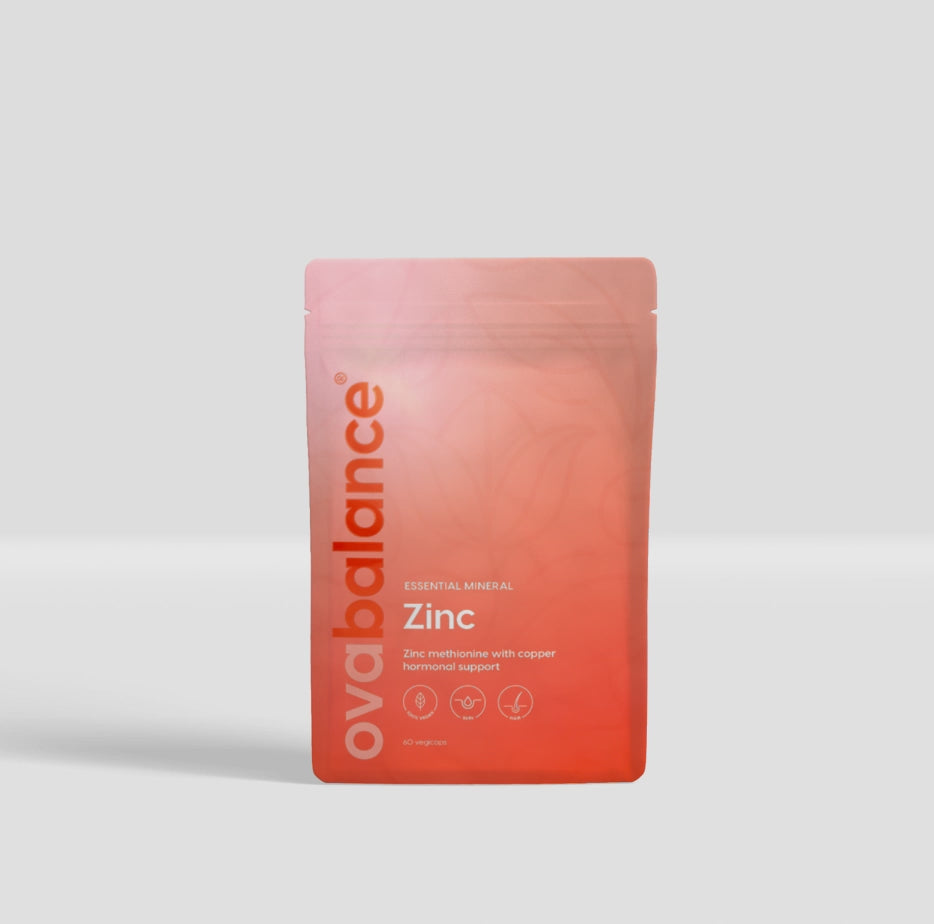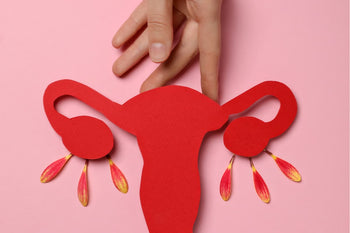

Menopause is a natural phase that all women go through. During this period, your ovaries gradually change function. This leads to the end of your fertile years. Menopause is a period in which your hormone balance changes significantly. But what are the phases of menopause? And when does menopause begin? You can read all that and more in this article.
---
“Menopause is not the end of your womanhood, but the beginning of a new and powerful chapter in your life.”
Contents
What is menopause?
The words transition and menopause are often confused. But they actually mean something different. The transition is the period around the menopause. The menopause is your very last menstruation. The moment at which your last cycle ends. The menopause is therefore a snapshot, as opposed to the long-term process that the transition can be.
The transition is a period in which the menstrual pattern becomes more irregular and in which you have complaints and symptoms as a result of the hormonal changes. During this period your body is looking for a new balance.
When the moment of menopause has occurred, you can only really say afterwards. Only when you have not had a period for a year, can you say that the menopause has happened. The last menstruation does not always mean the end of the menopausal symptoms. These can also continue to flare up for a while after the menopause.
The function of the ovaries during menopause
During menopause, hormone production in the ovaries gradually decreases. In the years leading up to menopause, the ovaries continue to produce estrogen and progesterone, but this is increasingly irregular. As menopause approaches, the production of these hormones decreases and eventually the ovaries stop working completely.
How long does the transition take?
The duration of the menopause varies from woman to woman. The average time between the irregularity of menstruation and the last menstruation (menopause) is 4 to 5 years. In total, the menopause lasts between 5 and 10 years on average. But this can also be longer or shorter.
Menopause age
The average age at which women have their last menstrual period and thus reach menopause is 51 years. Usually, the first symptoms of menopause begin between the ages of 40 and 55, but the decrease in the amount of estrogen actually starts much earlier. Around the age of 35, you start producing less of this female hormone.
Heredity plays a major role in the age at which you enter menopause. For example, the age at which your mother and grandmother entered menopause is a good indication.
Hormonal contraceptives with estrogen sometimes mask the symptoms of menopause. For example, if you are taking the contraceptive pill. As a result, you may not realize that you are already in menopause. Taking the pill does not delay menopause.
Early menopause
If you reach menopause before the age of 40, we speak of premature menopause. This is also called Primary Ovarian Insufficiency (POI). This happens to approximately 1 in 100 women. 1 in a thousand women has already had their last menstruation before the age of 30.
If you are in early menopause, your supply of eggs has run out too early. This can have several possible causes. There are diseases that can play a role, but also treatments, such as removing the ovaries.
The stages of transition?
The transition can be divided into three phases:
The premenopause.
And postmenopause.
Premenopause or perimenopause
Premenopause, also called perimenopause or pre-menopause, is the period before your last menstruation until a year after your last menstruation. In this phase, the functioning of your ovaries becomes more irregular. This causes changes in your hormone balance and menstrual cycle.
In the early stages of perimenopause, your periods are still fairly regular, but the closer you get to menopause, the more changes occur.
Menstrual periods come closer together or there is more time between them.
The blood loss may be heavier or lighter than you are used to.
During the period when your cycle is clearly changing, menopausal symptoms such as hot flashes, mood swings and night sweats also appear.
Menopause
Menopause is the moment when your very last menstrual period occurs. You only know that you have menopause when you have not had a period for a year or more. Read more about this moment in the article "Menopause explained?"
Postmenopause
Have you not had your period for a year? Then the eggs are gone; no more will mature and the postmenopause begins. Although the menopause has already occurred, the transition is not over yet. Your body is still searching for a new balance. In the postmenopause you often also suffer from typical menopausal symptoms such as vaginal dryness and reduced libido. On average, the postmenopause lasts about 3 years.
The most common menopausal symptoms
Menopause is accompanied by various discomforts as a result of the fluctuations in hormones. And although one woman notices more of the menopausal symptoms than the other, there are a number of typical menopausal complaints and symptoms to name:
Hot flashes : you suddenly feel very hot and start sweating.
Night sweats : These are actually nighttime hot flashes, which can cause you to wake up drenched in sweat.
Vaginal complaints : such as vaginal dryness or irritation.
Poor sleep : not only hot flashes and night sweats keep you awake at night, but also stress, for example.
Dry skin : Decreased estrogen production can cause your skin to become drier.
Sexual changes : such as less desire for sex or pain during intercourse.
Want to read more about menopausal discomfort and what you can do about it? Read " What to do about menopausal symptoms ".
How do I know if I'm in menopause?
Whether you are in menopause is not only related to your age, but especially to the menopausal symptoms you experience. Menopause begins with noticeable changes in your menstrual cycle, due to the drop in hormones.
In a normal situation, you do not need to go to the GP when the menopause starts. Blood tests are not necessary. In some cases, the GP can do a blood test to determine whether you are in menopause: for example, if you think you are in early menopause.
Also if you have extremely heavy blood loss, it is advisable to consult your GP. And if you suddenly lose blood, or have brown or pink discharge, after you have not had a period for a year.
Want to know more about the transition?
Want to know more about menopause? Which vitamins and nutrition your body needs during this phase of life and which supplements can support you, you can read in the following articles:
"Vitamins during menopause"
"Nutrition during menopause: What does your body need"
"Which supplements help you during menopause?"
The information provided does not replace the information provided by a general practitioner and cannot be seen as personal medical advice.

